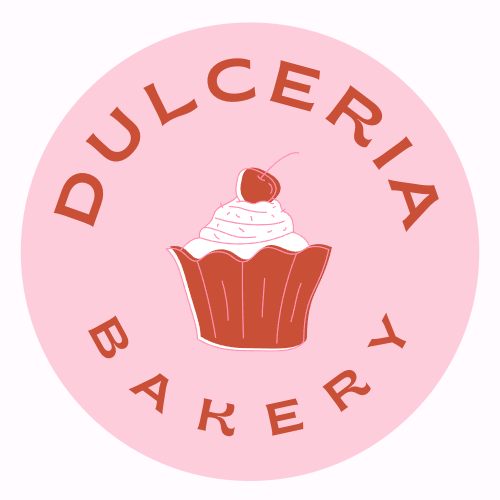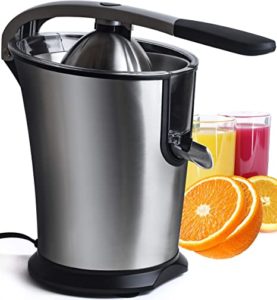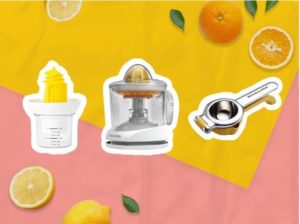We in the juicing community are merely attempting to live as healthily as possible. Cold-pressed juice is brimming with health benefits, and nothing makes me feel better than a well-planned, customized juice cleanse.
As a health-conscious individual, I had gone to great lengths to ensure that my eating habits supported this. Considering this, you can appreciate how horrified I was to learn that raw juice can cause food poisoning.
I was almost dying inside! How is this possible?
I believed that food poisoning was only caused by questionable late-night takeout or poor meat hygiene. How could my organic, plant-based, cold-pressed juice be responsible for committing this mortal sin?
A friend told me pasteurization kills all the nutrients in the juice, so I had previously avoided all pasteurized products. I did not realize that I was inadvertently putting myself at risk for a potentially much worse fate than missing a few vitamins.
Juice that has been pasteurized versus unpasteurized seems to divide the healthy food community. Whereas pasteurization eliminates the dangerous bacteria that cause infections, it also destroys heat-sensitive vitamins and enzymes. The effect on your juice may or may not be worthwhile. Before rejecting pasteurized products outright, you must have a thorough understanding of all potential dangers.
What Exactly Is Pasteurization?
So, let’s return to the basics: what is pasteurization, and why do juice companies choose to do it?
It is essential to consider the entire process to comprehend why companies would invest in it.
When fruits and vegetables are ready for harvesting, they must be packaged, transported, and stored before being pressed into juice cartons. No matter how carefully the staff behaves or how clean and well-maintained the machines and storage containers are, contamination is inevitable when bringing in a variety of fruit from the environment.
A small amount of soil, a few bruising’s, or a few fruit flies can be enough to introduce harmful bacteria into a batch.
In the case of fresh oranges, this should initially be fine. They have thick skin to protect the fruit inside. The issue arises when pressing the fruit. Suddenly, all the sugars are released, and what was originally a single, harmless bacteria now have access to a delicious sugary food source. This means they multiply and contaminate your orange juice with deadly E. coli or salmonella.
Companies avoid this outcome by selling pasteurized juice. They accomplish this by heating the fruit juices to a high temperature (approximately 100 degrees Celsius) to eliminate any food-poisoning bugs.
In other words, pasteurization helps extend the shelf life of orange juice.
Benefits
Pasteurization has several tremendous advantages. It improves food safety and extends the product’s shelf life. I enjoy knowing that the next carton of orange juice I purchase from the grocery store has been approved by the Food and Drug Administration (FDA) and that I am unlikely to contract a severe illness.
Pasteurization is particularly important for individuals with compromised immune systems. Pregnant women, young children, and people with a compromised immune system should exercise extreme caution when deciding whether to consume raw food.
For some, what may be an unpleasant foodborne illness can be fatal for those less fortunate.
Risks
The advantages of pasteurizing orange juice are substantial. Why is raw juice so prevalent in health food stores and juice bars?
The issue returns to the nutritional content of juice products. High temperatures destroy some heat-sensitive vitamins and nutrients. Vitamin C is a classic illustration. It has been demonstrated that unprocessed juices contain more beneficial enzymes and nutrients than pasteurized juices.
It is essential to weigh the risks and benefits of raw juice before consuming it. When juicing at home, I always wash my hands first and ensure that all produce is thoroughly cleaned before feeding it into the juicer. It is essential to remove any rotten or damaged portions of the fruit, as these are the most susceptible to infection.
If I’m not going to consume it immediately, I place it in a sealed container in the refrigerator or freezer. I do not store juice in the fridge for more than 24 hours to be safe.
Unpasteurized Juice’s Advantages
There is debate regarding the health benefits of unpasteurized juice. Although they contain higher concentrations of vitamin C and enzymes, the actual, usable amount of these varies from person to person. Each of us has a unique balance of bacteria in our intestines that digests food and makes vitamins available. Therefore, it is impossible to measure the vitamin content of a product and guarantee that it will enter the body.
Some beneficial compounds found in vegetable juices (such as lycopene found in tomato juice) must be heated for the human body to utilize them.
Raw versus pasteurized juice is a hotly contested topic in the United States and online (particularly on social media). Finally, it contains more nutrients. I’ll let you decide whether the potential health risks are worth it.
Unpasteurized Juice Pose Danger
As directed by the U.S. Food and Drug Administration, every bottle of raw juice must bear a warning label. This requirement does not apply to juice sold by the glass (such as apple cider) or at stands selling fresh juice (farmers’ markets, roadside stands, etc.).
While the likelihood of contracting the potentially lethal e. Coli o157 is low, this is not merely a scare tactic. In April 2020, an e. Coli outbreak was traced to fresh bean sprouts sold in a Chicago restaurant. The CDC and FDA were asked to investigate the cases; if you want more information, you can find it here.
Is High-Pressure Processing a Good Option?
Therefore, pasteurization is a complex topic. Fortunately, there is an alternative that many juice companies have begun to implement. High pressure is substituted for high temperature to eliminate harmful bacteria in this process.
Excellent news?
It has been scientifically demonstrated that high-pressure processing (HPP) produces more nutrient-dense juice than pasteurization. HPP orange juice contained the same amount of vitamin C as untreated orange juice.
Some dislike HPP because they believe the juice is not sufficiently “raw.” Data have not yet supported this claim, but I am willing to accept that HPP juice combines the best of both worlds: it is delicious, Coli-free, and packed with vitamins!
Again, whether you prefer your juice “truly raw” or not is a personal preference. If you take risks into account and make an informed decision.
Final Note…
The risk of contracting a nasty e. Coli infection is not worth the few extra vitamins in unpasteurized juice. Now, the only raw juice I consume is the juice I make at home or from a reliable source. Otherwise, I choose juice that has been pasteurized or treated with HPP. Ultimately, it is up to you to decide whether you agree with me!
Related Posts
Best orange juicer for energy every morning
Disclaimer: There are affiliate links in this post. At no...
Read MoreBest Commercial Citrus Juicer
Disclaimer: There are affiliate links in this post. At no...
Read MoreBest Electric Citrus Juicer For Every Budget
Disclaimer: There are affiliate links in this post. At no...
Read MoreBest Citrus Juicer For Every Purpose
Disclaimer: There are affiliate links in this post. At no...
Read MoreWhy Trust Us
You will find what you are looking for at dulceriabakery. From classic to luxury brands, you'll find both. We will help you to select appliances that fit your needs, budget and lifestyle. Whether you want to stop by to learn more — or plan to make a major purchase — we’ll treat you like family and assist you every step of the way. Shop with us today to receive friendly and experienced help along the way.




